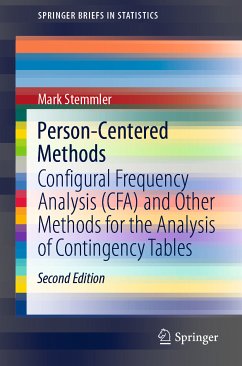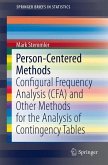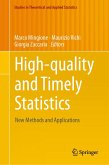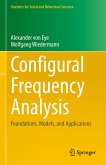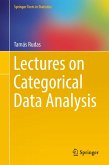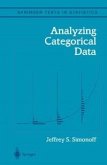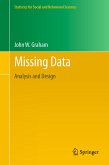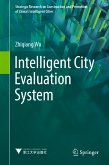New developments in the second edition include: Configural Mediation Models, CFA with covariates, moderator CFA, and CFA modeling branches in tree-based methods. The new developments enable the use of categorical together with continuous variables, which makes CFA a very powerful statistical tool. This new edition continues to utilize R-package confreq (derived from Configural Frequency Analysis), much updated since the first edition and newly adjusted to the new R base program 4.0. An electronic supplement is now available with 18 R-scripts and many datasets.
Dieser Download kann aus rechtlichen Gründen nur mit Rechnungsadresse in A, B, BG, CY, CZ, D, DK, EW, E, FIN, F, GR, HR, H, IRL, I, LT, L, LR, M, NL, PL, P, R, S, SLO, SK ausgeliefert werden.

